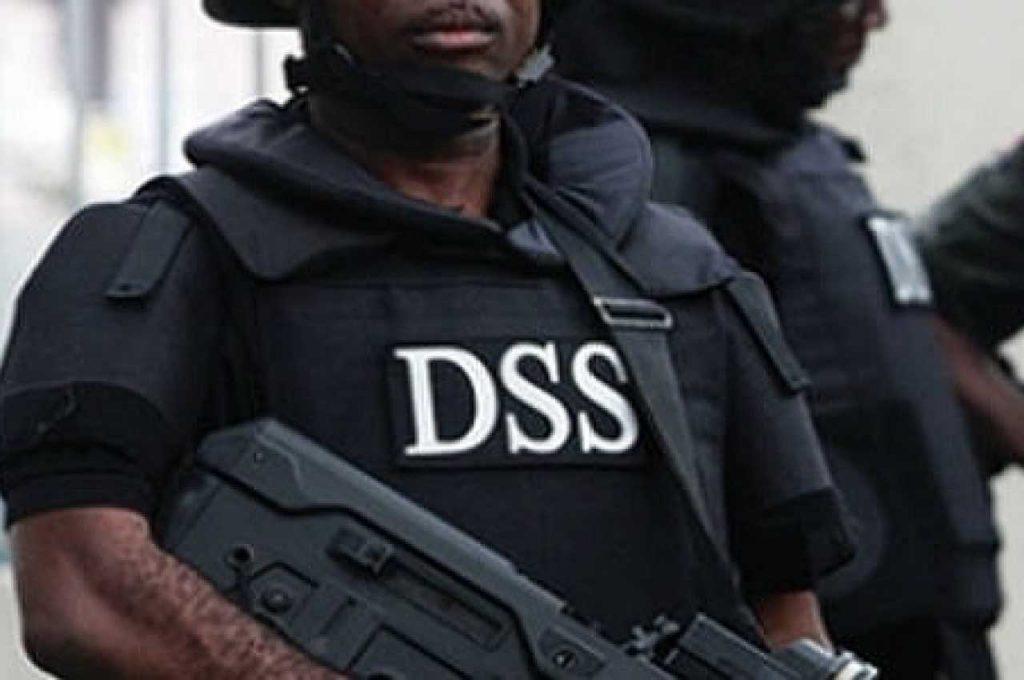By Felix Oladeji
Development history bears credence to the maxim that any democratic state cannot conduct free and fair elections unless security officers, media practitioners and civil society organisations adequately perform their roles. It is quite unequivocal that developed countries are what they are today simply because everybody or agents in the polity perform their constitutional role to sustain democracy.
Has any state developed without institutionalising ways of conducting free and fair elections? In other words, failed states are often known through their inability to choose competent leaders in credible, free and fair elections. I mean the competent leaders who can paddle the canoe of the state to the Promised Land. African states are still wallowing in a pathetic ocean of bad leadership due to their inept to conduct internationally acceptable elections.
National security is a common parlance used by both leaders and the led to express the state of being free from physical harm or loss of cherished values like political stability or regime security; territorial integrity and sovereignty of the nation; economic reliance, environmental safety and sustainability and preservation of cultural heritage of the people among others. Moreover, the attainment of national security is predicated on the realisation and attainment of other goals of the state such as advancement in science and technology; economic reliance, military superiority, political stability, effective and efficient exploration of natural resources; national cohesion, agricultural and food sufficiency and favourable diplomatic outings, among others.
The Federal Republic of Nigeria as a democratic state has been wallowing in a pathetic ocean of backwardness, insecurity, corruption, and high level of poverty. The menace of these problems is often referred to as bad leadership. The realisation of the fact prompted Nigerians to clamour for democracy. The logic is that democracy will allow them to choose good heads to paddle the canoe of this country. Quite unfortunate, since the inception of the present Fourth Republic, elections have not reflected the opinion of the voters.
The 2023 Nigerian presidential election will be held on February 25, 2023 to elect the president and vice president of Nigeria. Incumbent APC President Muhammadu Buhari is term-limited and cannot seek re-election for a third term. The presidential candidates generally do not seem to have developed a blueprint to combat our security challenge or tackle the nation’s economic morass.
Instead, attention is more focused on the mundane quarrels over the fallout of the primary election; personality clashes or name calling even among them, none of which can rescue Nigeria from its current predicament.
Unfortunately, given the indispensability of election in a democratic setting as the medium for emergence into political office and the political economy of the Nigerian state, elections particularly in developing states like Nigeria are usually characterised by desperation. Hence, elections have become a political liability and a source of crises rather than being a political asset and legitimate force. Nigerians’ experience with electoral democracy since 1959 has revealed intense competition for power on the part of the political class, resulting in various forms of electoral irregularities and violence.
Similarly, the various experiences with competitive electoral politics in Nigeria have brought the worst in political thuggery, brigandage, rigging, manipulation of electoral results, ballot boxes snatching, arson, wanton assassination of perceived political opponents, unmediated and unrestrained destruction of lives and property among others.
Also, the arbitrariness of the Nigerian state does not equally help matters, thus constituting a huge challenge to national security. The privileged class observes only those laws that promote their interest. Electoral laws are unpredictable as changes are frequently made in them to reflect the changing interests of the dominant class.
Beyond protecting its sovereignty and territorial integrity, it is imperative for the state to address some other critical issues such as unemployment, poverty and corruption which pose great challenges to national security and indeed the very corporate existence of the country. Drawing from the foregoing, the article recommends drastic cut in the benefits accruable to political offices as disincentive for intense struggle and contestation for power which gives rise to repeated flawed elections in Nigeria.








More Stories
Senate Drama: Akpabio vs. Natasha and the Lessons for Nigeria
What if Farotimi’s allegations are not false
Governor Otti unveils new era of development for Ohafia with landmark bill signing